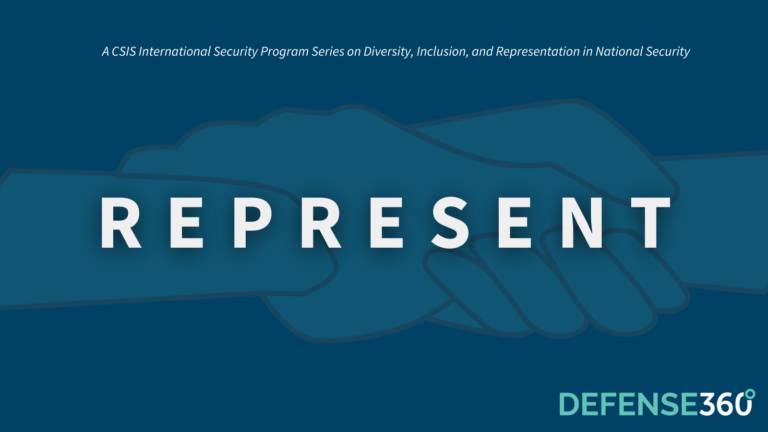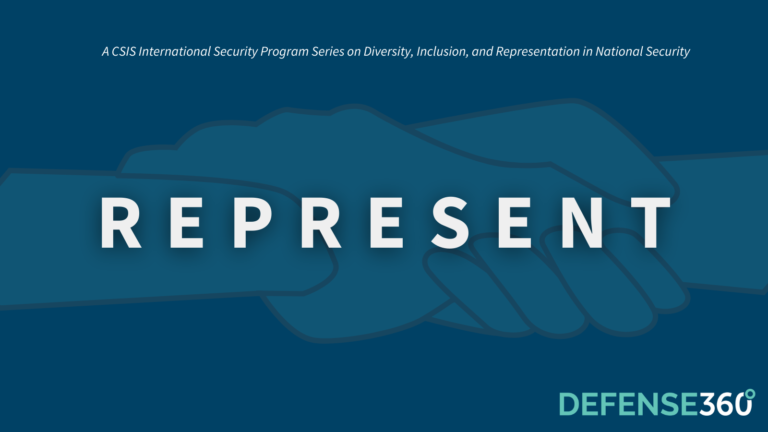Our Armed Forces Strength Depends on Diversity
In this article for the Represent series, Stevan Molinar, a former U.S. Army Infantry Officer, highlights the deep history and interconnectedness of the U.S. education system and military and argues why affirmative action is necessary for the diversity and success of the U.S. military.



